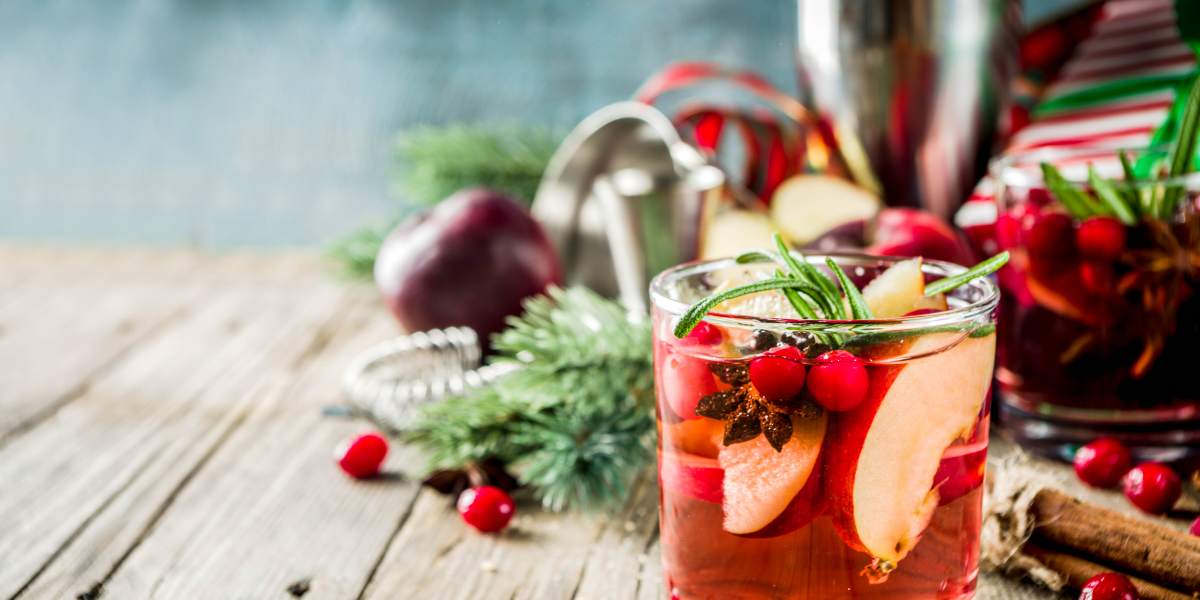Scientists have discovered a new approach to pressing apple juice that has the potential to greatly increase its health benefits.
The study showed that the polyphenol content of their new approach was four times higher than that of regular apple juice.
What are polyphenols?
Polyphenols are natural compounds present in fruits, red wine, and cocoa, known for their antioxidant properties.
They are believed to offer various health advantages for the heart and brain and may guard against diseases.
- Fruit bats’ bodies have adapted to control blood sugar levels without fail
- 1 in 3 people in UK and Ireland hitting five-a-day fruit and veg target
- Bananas decrease flavanol levels in fruit smoothies
The researchers developed a novel method called a “spiral filter press” that maximises these chemicals in juice.
This technique uses a pressing process powered by vacuum to eliminate oxygen.
According to the scientists, keeping oxygen out of every stage of processing helps stop nutrients from degrading in the fruit juice.
Improving health markers
Previous studies have indicated that a particular group of polyphenols, known as flavan-3-ols, might assist in improving blood pressure, cholesterol levels, and blood glucose.
Stefan Dussling, a co-researcher of the study, remarked: “Nutrient losses are commonly due to the presence of oxygen which quickly degrades some of the nutrients in apple juice like flavan-3-ols or vitamin C.
“This would happen when we juice apples at home or purchase a ready-made product. We hope that the new juicing method will become more prevalent in the future, enabling individuals to benefit from these advantageous natural compounds simply by consuming a single glass of juice.”
- Colourful fruit and vegetables boost eye and brain health
- Calls for smoking ban and fruit juice tax
- Exercise promotes health in fruit flies by inhibiting insulin-producing cells
Caution for people with diabetes
Whilst apple juice is regarded as a healthy food, the relatively high sugar content of fruit juices can cause high blood glucose levels.
The NHS advises that the total intake from fruit juice, vegetable juice, and smoothies should not exceed 150ml per day – the equivalent of a small glass.
Dr Aisling Daly, a lecturer in nutrition at Oxford Brookes University, noted: “While this juice might be richer in flavanols compared to other juices, we still advocate for consuming fruits in their whole form to obtain nutrients in the best possible manner.”




